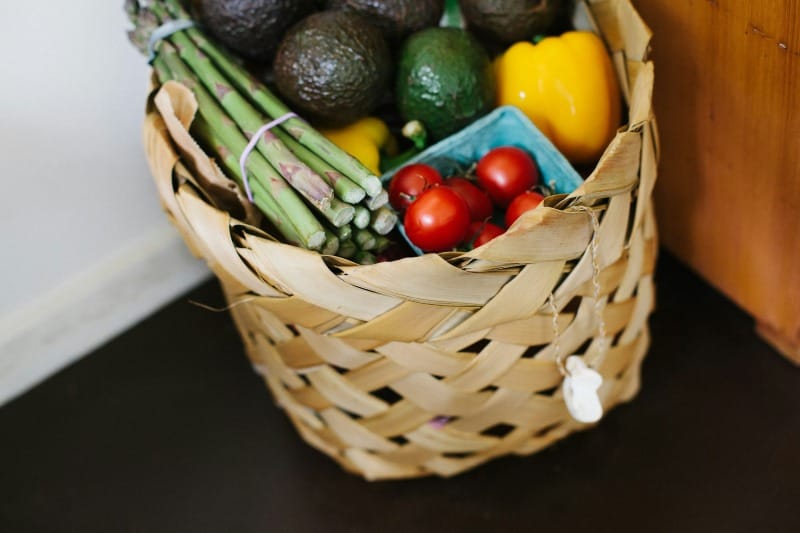Chronic inflammation is linked to numerous health issues, from heart disease to arthritis. Fortunately, adopting an anti-inflammatory diet can help combat this problem and promote overall wellness. This comprehensive guide will explore the most potent anti-inflammatory foods you can incorporate into your diet for optimal health.
Key takeaways:
• Anti-inflammatory foods are rich in antioxidants and beneficial compounds
• A diet high in these foods may help reduce the risk of chronic diseases
• Combining various anti-inflammatory foods provides the most benefits
• Consistency is key when adopting an anti-inflammatory eating pattern
Fruits and berries
Colorful fruits, especially berries, are packed with antioxidants that fight inflammation. Some top choices include:
• Blueberries
• Strawberries
• Raspberries
• Blackberries
• Cherries
• Pomegranates
• Oranges
• Grapes
These fruits contain flavonoids and anthocyanins, which have potent anti-inflammatory effects[1].
Leafy greens and cruciferous vegetables
Dark, leafy greens and cruciferous vegetables are nutritional powerhouses that help combat inflammation. Include these in your diet:
• Spinach
• Kale
• Collard greens
• Broccoli
• Brussels sprouts
• Cauliflower
• Cabbage
These vegetables are rich in vitamins, minerals, and antioxidants that support overall health and reduce inflammation[2].
Healthy fats
Certain fats, particularly omega-3 fatty acids, have strong anti-inflammatory properties. Incorporate these healthy fats into your diet:
• Extra virgin olive oil
• Avocados
• Fatty fish (salmon, mackerel, sardines)
• Nuts (walnuts, almonds)
• Seeds (chia, flax)
These foods contain beneficial compounds that help reduce inflammation throughout the body[3].
Herbs and spices
Many herbs and spices not only add flavor to your meals but also provide powerful anti-inflammatory benefits:
• Turmeric
• Ginger
• Garlic
• Cinnamon
• Rosemary
• Oregano
Turmeric, in particular, contains curcumin, which has been shown to have potent anti-inflammatory effects[4].
Whole grains and legumes
Fiber-rich whole grains and legumes can help reduce inflammation:
• Quinoa
• Brown rice
• Oats
• Lentils
• Chickpeas
• Black beans
These foods are high in fiber and antioxidants, which contribute to their anti-inflammatory properties[5].
Green tea
Green tea is rich in polyphenols, particularly a catechin called epigallocatechin gallate (EGCG), which has potent anti-inflammatory effects. Regular consumption of green tea may help reduce the risk of various inflammatory conditions[6].
Dark chocolate
High-quality dark chocolate (70% cocoa or higher) contains flavanols that have anti-inflammatory properties. Enjoying a small amount of dark chocolate can be part of a healthy anti-inflammatory diet[7].
Incorporating these anti-inflammatory foods into your daily diet can help reduce chronic inflammation and promote overall health. Remember that consistency is key, and combining a variety of these foods will provide the most benefits. Always consult with a healthcare professional before making significant changes to your diet, especially if you have existing health conditions or are taking medications.
References:
[1] Joseph SV, et al. Berries: Anti-inflammatory effects in humans. J Agric Food Chem. 2014;62(18):3886-3903.
[2] Kaulmann A, Bohn T. Carotenoids, inflammation, and oxidative stress—implications of cellular signaling pathways and relation to chronic disease prevention. Nutr Res. 2014;34(11):907-929.
[3] Calder PC. Omega-3 fatty acids and inflammatory processes: from molecules to man. Biochem Soc Trans. 2017;45(5):1105-1115.
[4] Hewlings SJ, Kalman DS. Curcumin: A Review of Its' Effects on Human Health. Foods. 2017;6(10):92.
[5] Koh A, et al. From Dietary Fiber to Host Physiology: Short-Chain Fatty Acids as Key Bacterial Metabolites. Cell. 2016;165(6):1332-1345.
[6] Ohishi T, et al. Anti-inflammatory Action of Green Tea. Antiinflamm Antiallergy Agents Med Chem. 2016;15(2):74-90.
[7] Katz DL, et al. Cocoa and chocolate in human health and disease. Antioxid Redox Signal. 2011;15(10):2779-2811.
Citations:
[1] https://www.mainlinehealth.org/blog/benefits-anti-inflammatory-diet
[2] https://share.upmc.com/2022/08/anti-inflammatory-diet-2/
[3] https://thelifestyledietitian.com/anti-inflammatory-meal-ideas-to-heal-your-body/
[5] https://jackiesilvernutrition.com/articles/anti-inflammatory-food-list-pdf/
[6] https://www.healthline.com/nutrition/anti-inflammatory-diet-101
[7] https://drkalidas.com/blog/a-full-list-of-anti-inflammatory-foods-to-eat/













Member discussion